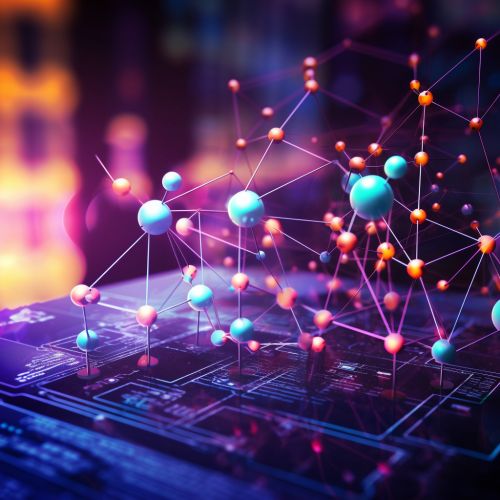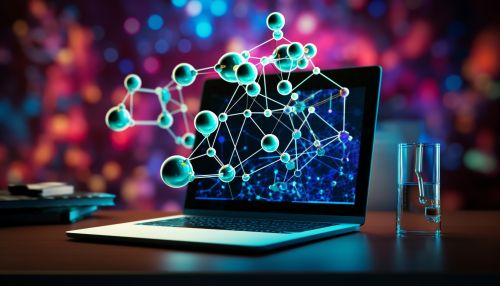The Role of Artificial Intelligence in Drug Discovery
Introduction
Artificial Intelligence (AI) has become a significant player in the field of drug discovery, revolutionizing the way scientists and researchers approach the development of new pharmaceuticals. AI, a branch of computer science that aims to create systems capable of performing tasks that usually require human intelligence, is now being used to accelerate and enhance the drug discovery process.


Role of Artificial Intelligence in Drug Discovery
Artificial Intelligence plays a crucial role in various stages of drug discovery, from initial screening of drug compounds to the prediction of success rate based on biological factors. The use of AI in drug discovery has the potential to significantly reduce both the time and cost of developing new drugs.
Initial Screening
One of the primary uses of AI in drug discovery is in the initial screening of drug compounds. Traditional methods of drug discovery involve the manual screening of large libraries of chemical compounds, which can be time-consuming and costly. AI systems, particularly those utilizing machine learning algorithms, can automate this process, significantly reducing the time and cost involved.
AI systems can analyze vast amounts of data and identify potential drug compounds much more quickly than human researchers. These systems can also learn from the data they analyze, improving their accuracy and efficiency over time.
Prediction of Success Rate
AI can also be used to predict the success rate of a drug based on various biological factors. This is particularly useful in the later stages of drug development, where the cost of failure can be extremely high. By accurately predicting the success rate of a drug, researchers can focus their efforts on the most promising compounds, further reducing the time and cost of drug discovery.
AI systems can analyze a wide range of biological data, including genetic information, protein structures, and patient data, to predict the effectiveness of a drug. This can help researchers identify potential issues early in the development process, allowing them to make necessary adjustments before proceeding to clinical trials.
Benefits of Using AI in Drug Discovery
The use of AI in drug discovery offers several significant benefits. These include increased efficiency, reduced costs, and the potential for more personalized treatments.
Increased Efficiency
AI systems can analyze vast amounts of data much more quickly than human researchers. This increased efficiency can significantly reduce the time it takes to discover new drugs. In addition, AI systems can learn from the data they analyze, improving their accuracy and efficiency over time.
Reduced Costs
The cost of drug discovery can be extremely high, particularly in the later stages of development. By using AI to automate the initial screening process and predict the success rate of a drug, researchers can significantly reduce these costs.
Potential for More Personalized Treatments
AI systems can analyze a wide range of biological data, including genetic information, protein structures, and patient data. This can enable researchers to develop more personalized treatments, tailored to the specific needs of individual patients.
Challenges and Future Directions
Despite the significant benefits of using AI in drug discovery, there are also several challenges that need to be addressed. These include the need for high-quality data, the risk of overfitting, and the need for interpretability.
In the future, it is expected that AI will play an even more significant role in drug discovery. As AI systems become more sophisticated, they will be able to analyze even larger amounts of data, further increasing the efficiency and accuracy of the drug discovery process.
